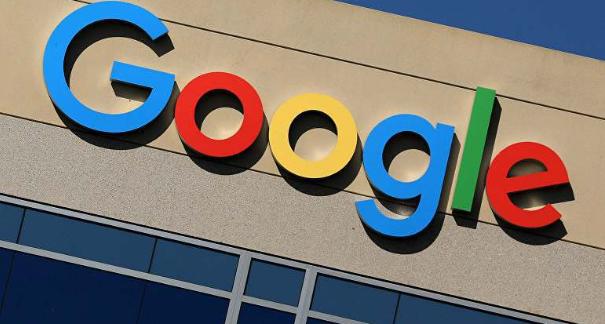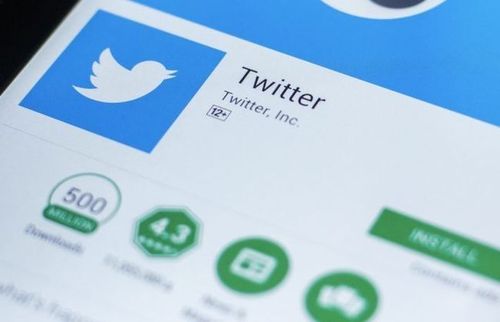Using Google Data Studio for SEO Reporting and Dashboards
Businesses now have a powerful way to track and improve their SEO performance with Google Data Studio. This free tool lets users create custom dashboards that pull data from multiple sources. Marketers can connect Google Analytics, Google Search Console, and other platforms into one clear view. This helps teams see how their websites are doing in search rankings, traffic, and user behavior.
(Using Google Data Studio for SEO Reporting and Dashboards)
Google Data Studio turns raw numbers into easy-to-read charts and graphs. Users can build reports that update automatically. That means no more manual updates or spreadsheets. Everyone on the team gets the same up-to-date information at the same time. This saves time and reduces errors.
The tool is simple to use even for people without technical skills. Drag-and-drop features let users design dashboards fast. They can add filters, date ranges, and comparisons with just a few clicks. Sharing reports is also easy. Team members can view or edit dashboards through a web link. There is no need to send files back and forth.
Many digital marketing agencies already use Google Data Studio for client reporting. It gives clients a live look at campaign results. This builds trust and makes conversations about strategy more productive. Small businesses benefit too. They get professional-grade insights without paying for expensive software.
(Using Google Data Studio for SEO Reporting and Dashboards)
Data accuracy matters a lot in SEO work. Google Data Studio pulls directly from trusted sources like Google’s own tools. This ensures the numbers are reliable. Teams can focus on making smart decisions instead of checking if the data is right. With clear visuals and real-time updates, it becomes easier to spot trends and fix problems fast.



